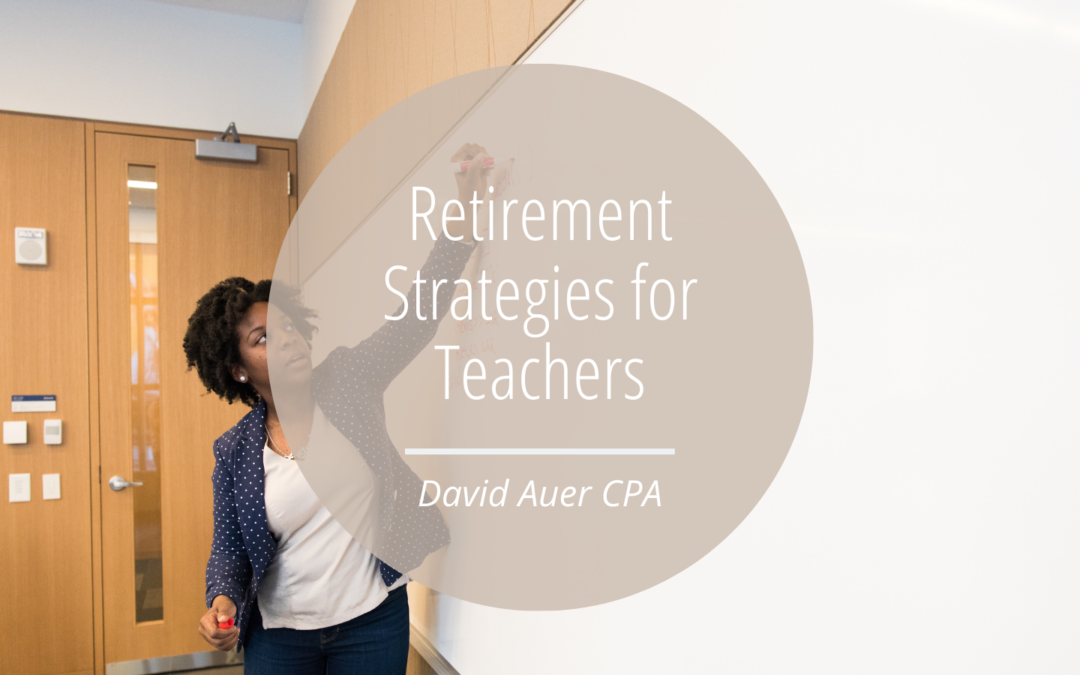Teachers who stay in the profession a long time usually do it because they love it. Still, you won’t likely teach the rest of your life. You need to save for retirement, and things can be a bit different given your profession.
How Things Are Different for Educators
Teachers have a different mix of possible retirement income sources than most of the workforce. If you’re a teacher, you might actually be eligible for defined-benefit pension plans. You might also get access to defined-contribution retirement plans, such as the 403(b) or 457(b) plans. Things vary a lot, considering how many different educational systems there are at the municipal and state levels across the country.
Something else that doesn’t help many teachers is that over one-third of them will never be eligible to get Social Security simply because they don’t pay into the system. That means that they can’t claim benefits from the program after retirement.
Where Should You Start
The best place to start is where you are. Specifically, look for the state websites for both the Teachers Retirement System and your local teachers’ association. You can learn what retirement savings and programs are open to you based on where you live and teach. You should also find retirement benefits counselors who can advise you freely.
Supplement Your Pension
The pension funds of teachers are managed rather badly in some states, and underfunding is an issue across most of the nation. Funding shortfalls are already problematic in many areas, so you, unfortunately, can’t expect every dime you’re owed when you were promised it would happen. Set aside money as early in life as you can to supplement any pension you expect to get. Using defined contribution plans is a very tax-effective move, especially if there are matching contributions. Never leave any free money on the table wasted!
Make Sure You Have Enough Insurance
One effective retirement strategy for teachers is making sure that you have sufficient insurance coverage after you put down the chalk for good. Medicare eligibility may not kick in until you’re 65. Also, be sure you replace any employer-sponsored disability or life insurance you enjoyed while actively teaching.

